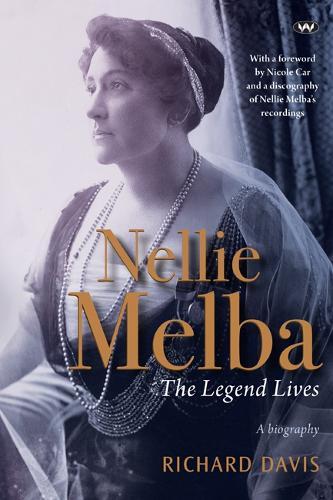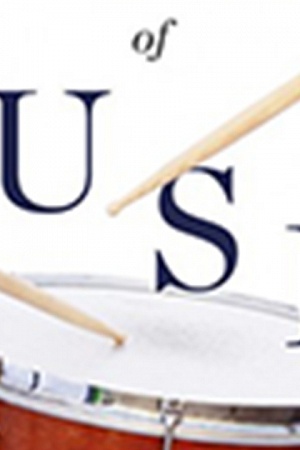In defence of lost chords: Classical music’s struggle for relevance and survival
It is now taken for granted that nothing which concerns art can be taken for granted any more: neither art itself, nor art in its relationship to the whole, nor even the right of art to exist.
Theodor Adorno, Aesthetic Theory
Those of us who work in classical music will be familiar with the accusation that our chosen art form lacks contemporary social relevance. It is one with a long pedigree. ‘Sonata, what do you want of me?’ asked an exasperated Fontenelle in 1751, according to Rousseau. But you will find no widespread or heightened disdain for worldly affairs among classical musicians on the whole. Rather, any apparent reticence they may have describing how their art connects with the world at large stems from the fact that it is notoriously difficult to do. As the well-known quip goes, ‘Writing about music is like dancing about architecture.’ This is not a love that dare not speak its name so much as one that struggles to be put into words at all.
When the music stops, however, finding the right words becomes urgent. Our concert halls and theatres were some of the first public spaces to be closed when Covid-19 reached Australia, and they are likely to be some of the last to reopen. Many of the musicians who work in these spaces also found themselves ineligible for government financial assistance schemes like JobKeeper. Those fortunate enough to hold salaried positions in state-funded ensembles and venues must now watch nervously from the sidelines as their employers’ operational deficits grow. The $250 million arts rescue package that the Morrison government announced in June, small by comparison with those enacted elsewhere, is also still many months away from coming into effect. The cumulative effect may not prove terminal, but it seems increasingly clear that the performing culture we abandoned in March is not one to which we will easily, if ever, return.
Continue reading for only $10 per month. Subscribe and gain full access to Australian Book Review. Already a subscriber? Sign in. If you need assistance, feel free to contact us.









Comments (3)
Leave a comment
If you are an ABR subscriber, you will need to sign in to post a comment.
If you have forgotten your sign in details, or if you receive an error message when trying to submit your comment, please email your comment (and the name of the article to which it relates) to ABR Comments. We will review your comment and, subject to approval, we will post it under your name.
Please note that all comments must be approved by ABR and comply with our Terms & Conditions.